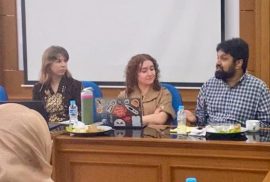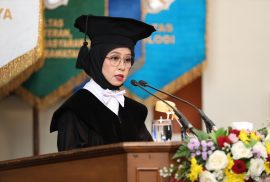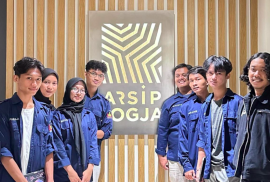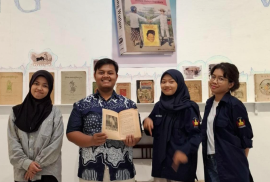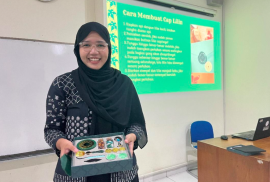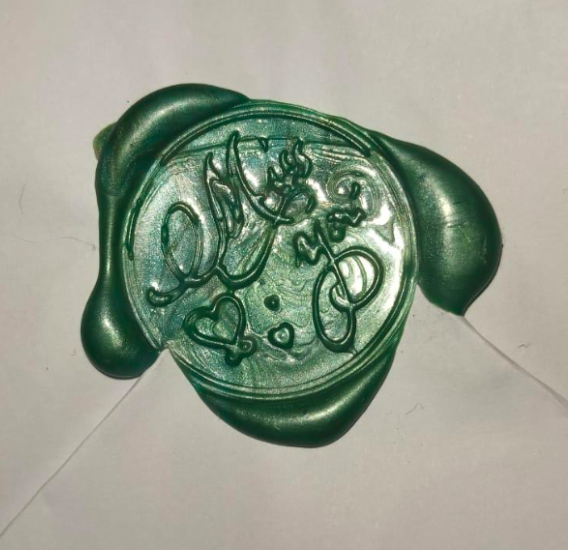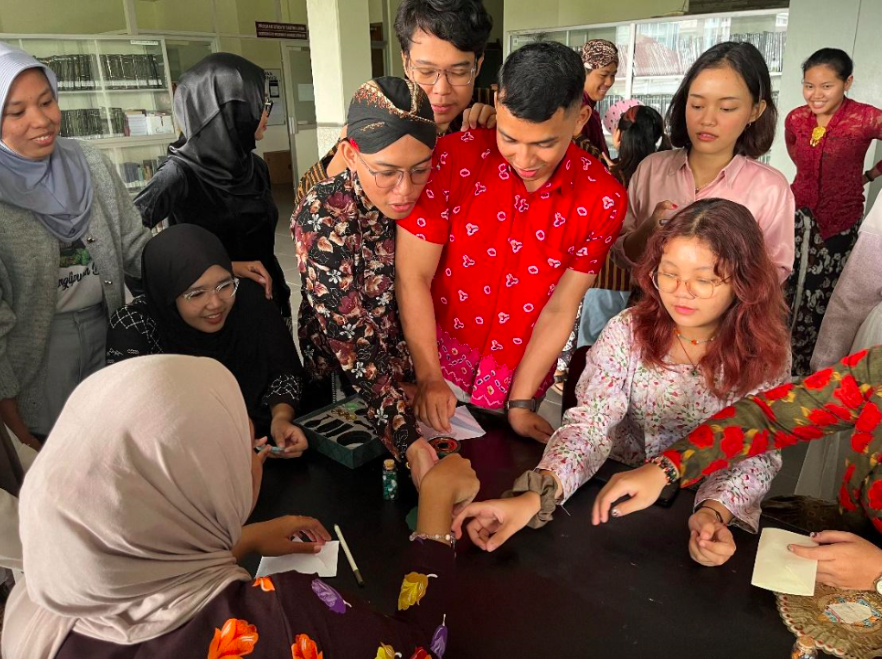Yogyakarta, 24 April 2025 – A collaborative meeting took place at the Faculty of Cultural Sciences, Universitas Gadjah Mada (UGM). Held in Meeting Room 1 of Building C, the session brought together three representatives from Oberlin College, two vice deans from the Faculty of Cultural Sciences, several English literature lecturers, and other faculty members. The meeting aimed to strengthen global partnerships and explore opportunities for student engagement activities that can be conducted online.
The meeting opened with remarks from the vice deans, who emphasised the importance of international collaboration in enriching educational experiences. They highlighted how such partnerships align with the Sustainable Development Goals (SDGs), particularly in promoting quality education and global partnerships for sustainable development.
The Oberlin College representatives presented their vision for the collaboration, focusing on the potential of virtual student exchanges. They discussed various platforms and tools that could support such exchanges, enabling students from both institutions to share academic experiences and cultural insights. The initiative is intended to create a more interconnected learning environment that transcends geographical boundaries. Discussions also covered possible activities for virtual exchange, with UGM faculty suggesting programmes that highlight local content.
Beyond academic exchange, the representatives also discussed the importance of cultural exchange. They acknowledged that understanding diverse cultures is vital in today’s increasingly connected world. Plans were made to incorporate cultural components into the virtual exchange programme, allowing students to showcase their traditions and learn from one another.
In summary, the collaboration meeting between Oberlin College and the Faculty of Cultural Sciences at UGM marked a significant step toward enhancing global partnerships in education. By leveraging technology for virtual exchange, both institutions aim to offer students valuable learning experiences that transcend borders. This initiative not only supports the SDGs but also equips students to thrive in a more interconnected world.
[Public Relation Faculty of Cultural Sciences, Bulan Churniati]

